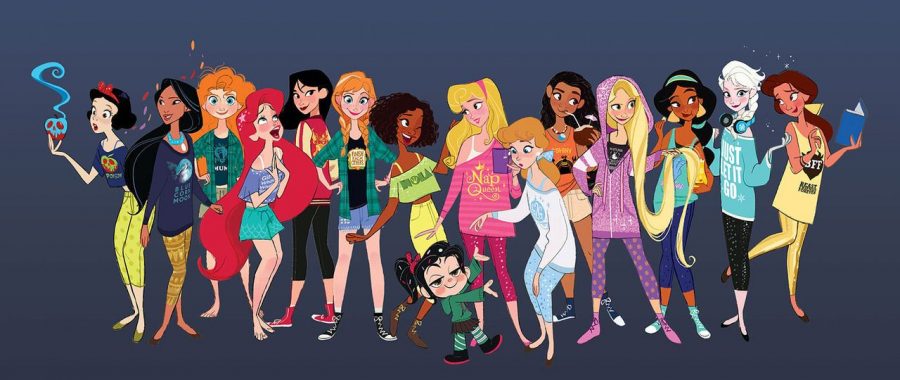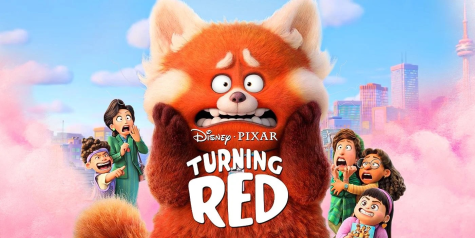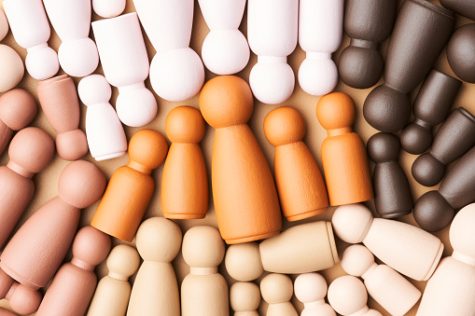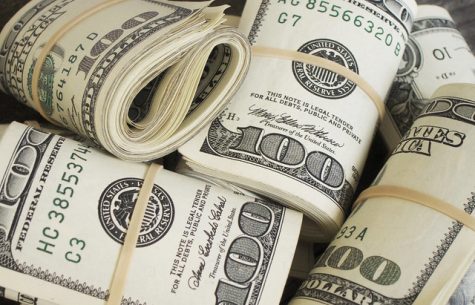Relationships: We’re mad at Disney
Princess. Most minds immediately conjure up an image of a dainty and fragile girl. Never a girl who is smart, educated and maybe even assertive. Gender roles have been drilled into our minds repeatedly throughout our childhood; putting us in a mindset in which there is a right and wrong to how a man or a woman should behave in daily life and when in a relationship.
Children from a young age accept Cinderella or Prince Charming as their role models, aspiring to be as beautiful, brave or courageous as them; inadvertently creating an illusion of a perfect man or woman. This is until we begin to mature and face the harsh reality that was overshadowed by these role models. People are not perfect. Though the idea of a perfect reality has slowly chipped away, these idealistic behaviors remain perfectly intact. Men in modern-day society are expected to be strong, assertive and emotionless. A man who displays sadness through tears is deemed cowardly. Women on the other hand are deemed weak, submissive and tender. A woman being an emotional mess is often expected.
Not only do Disney movies highlight certain qualities that are forced upon genders, but they also alienate qualities that aren’t qualified to exist in a man or a woman. In past Disney movies, independence was never a quality that existed in a woman. Movies like Cinderella, Snow White and Sleeping Beauty depicted weak female leads who needed a man to save them from all sorts of distress. Cinderella had to wait for her Prince Charming to save her from the evil hands of her stepmother, whereas Snow White’s life depended on a kiss from her “true love.” On the other hand, characters like Maleficent and Ursula, who were portrayed in an evil light, displayed independence. In general, the “evil” characters in Disney movies display characteristics that are normally associated with the opposite gender based on societal gender norms. Independence was a quality that never used to be associated with princesses but rather female villains; in turn, creating a set of qualities that were looked down upon in a woman. The same alienation occurs with male villains: they are distinctly more feminine.
The gender roles that are enforced from our childhood put everyone in a box that only fits a few. To have a healthy relationship, people need to be able to completely express themselves with their partner — something that is much harder in a relationship when one person highly values traditional gender roles.
“The belief that all men are aggressive leads to acceptance and normality in relationship abuse. The phrase ‘He’s only mean because he likes you’ is often said after an elementary boy pulls a girl’s hair or pushes her down.” writes Amiee Jean Jones in the Odyssey. “By telling elementary students this phrase, it teaches them to ‘connect pain with love and [that they] should expect abuse when a male is in a relationship’”
Disney is only one aspect of our lives that enforces these gender roles, people around us also have the power to change our mindsets. We need to utilize this power to steer away from gender roles and teach children at a young age how movies and TV shows don’t decide how people should act. Women are allowed to be assertive and independent, men are allowed to be gentle and caring. Not being the ideal man or woman doesn’t make you faulty. Recently Disney has been trying to steer away from these gender roles by releasing movies like Moana and Frozen; the female leads are independent and brave.
Gender roles are harmful physically and emotionally; the gender stereotypes society forces upon us need to be eliminated. We can begin by creating a less judgemental environment and society, leading to better lives and healthier relationships.










Suresh Devaki ~ Jan 29, 2021 at 6:24 pm
The writer rightly said how most of the movies show weak female characters. Most of the Children use to think the same way in their real life too. Most of us speak gender equality, but in reality it’s not happening. The writer tried her best about the need of gender inequality.